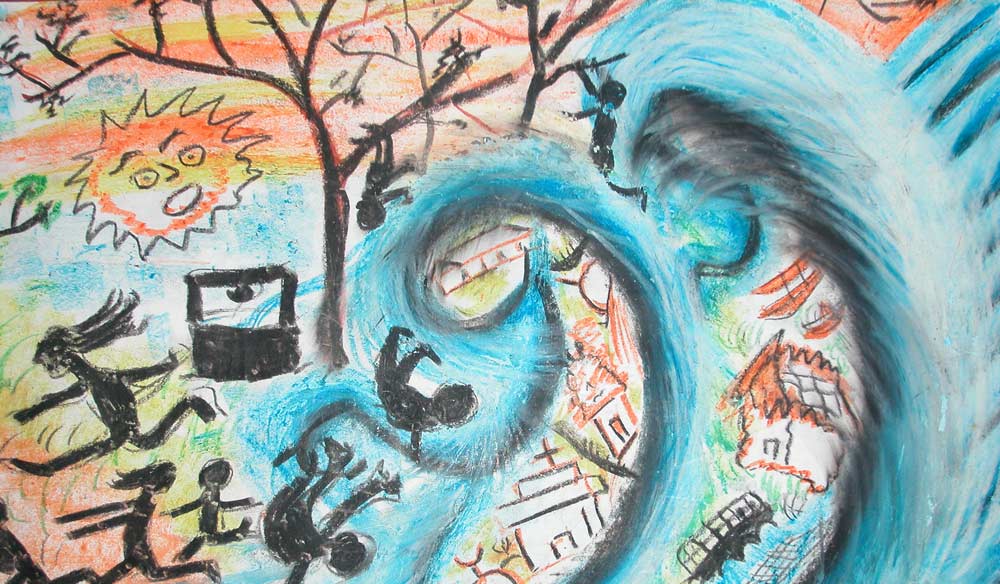It is an established principle of disaster preparedness that the involvement of local communities in disaster risk reduction and emergency planning processes greatly increases that community’s resilience in the face of natural disasters. Communities often have unique hazards, strengths, internal dynamics and politics, response capabilities, and vulnerabilities that require equally unique emergency preparedness plans that account for these variables. Increasingly, scholars have acknowledged that indigenous peoples’ knowledge of emergency preparedness and disaster risk mitigation, in particular, is underrated and important to the survival of those communities. This article examines the Federal Emergency Management Agency’s “Tribal Consultation Policy” and argues that effective participation by Natives[4] in disaster planning and in creating policies that have the potential to affect them requires nothing short of free, prior, and informed consent.
The Denver Journal of International Law & Policy is one of the oldest international law journals in the United States and is ranked internationally. It is managed and edited by students at the University of Denver Sturm College of Law.


